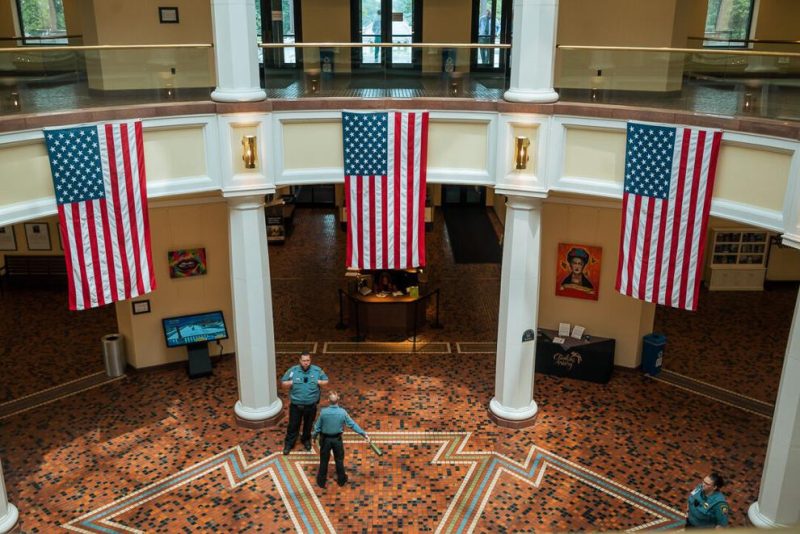By Anthony Hennen | The Center Square
(The Center Square) — Though dozens of states make their legislative sessions viewable live and on-demand, Pennsylvania stands out.
It’s one of only a few states that offer a live-streaming option but doesn’t make the recordings publicly accessible online.
Though residents can watch House sessions on YouTube after the fact, the same can’t be said for Senate sessions. If one doesn’t watch a live session — which can run for hours during the day or into the night — keeping up takes more legwork.
According to an analysis by the National Conference of State Legislatures, Pennsylvania is one of only four states that don’t archive legislative sessions online. Alabama, Illinois, and Nebraska also do not post sessions online (nor does the Northern Marianas Commonwealth Legislature).
Senate committee hearings can be found online, but not action on the floor. The Pennsylvania House YouTube.
Andrew McGinley, vice president of external affairs for the good-government group Committee of Seventy said that, like the rest of the nation, the commonwealth could do more. While live streaming is “a great step,” video archives would be better still, he said.
“Ensuring people can see what’s happening within the General Assembly is incredibly important and helps people understand their government and hold their elected officials accountable,” McGinley said.
Senate leaders point to a bipartisan consensus on how to run the chamber. Erica Clayton Wright, spokeswoman for Senate President Pro Tempore Kim Ward, told The Center Square each party votes on rules at the beginning of each legislative session, and that’s where video recording procedures are set.
“The current Senate rule for video and audio is ‘all caucuses may broadcast and post unedited session videos on their respective Senate caucus websites and social media platforms using the official Senate feed,’” she said. “Both Senate caucuses offer livestream capabilities and will provide unedited video and audio feeds as requested.”
Though session videos can be obtained upon request, default access is sometimes the exception rather than the norm in state government. The Department of Environmental Protection’s Environmental Justice Advisory Board, for example, holds quarterly meetings that can last more than six hours. DEP records the meetings and archives them internally but does not post them publicly.
To watch the meetings after they happen, members of the public must submit a public records request for a copy — unlike EJ boards in at least seven other states, which post videos and board documents online automatically.
Other agencies, like the Pennsylvania Game Commission, post meetings online automatically, but hold public comment periods early on Saturday mornings, which can limit public participation.
